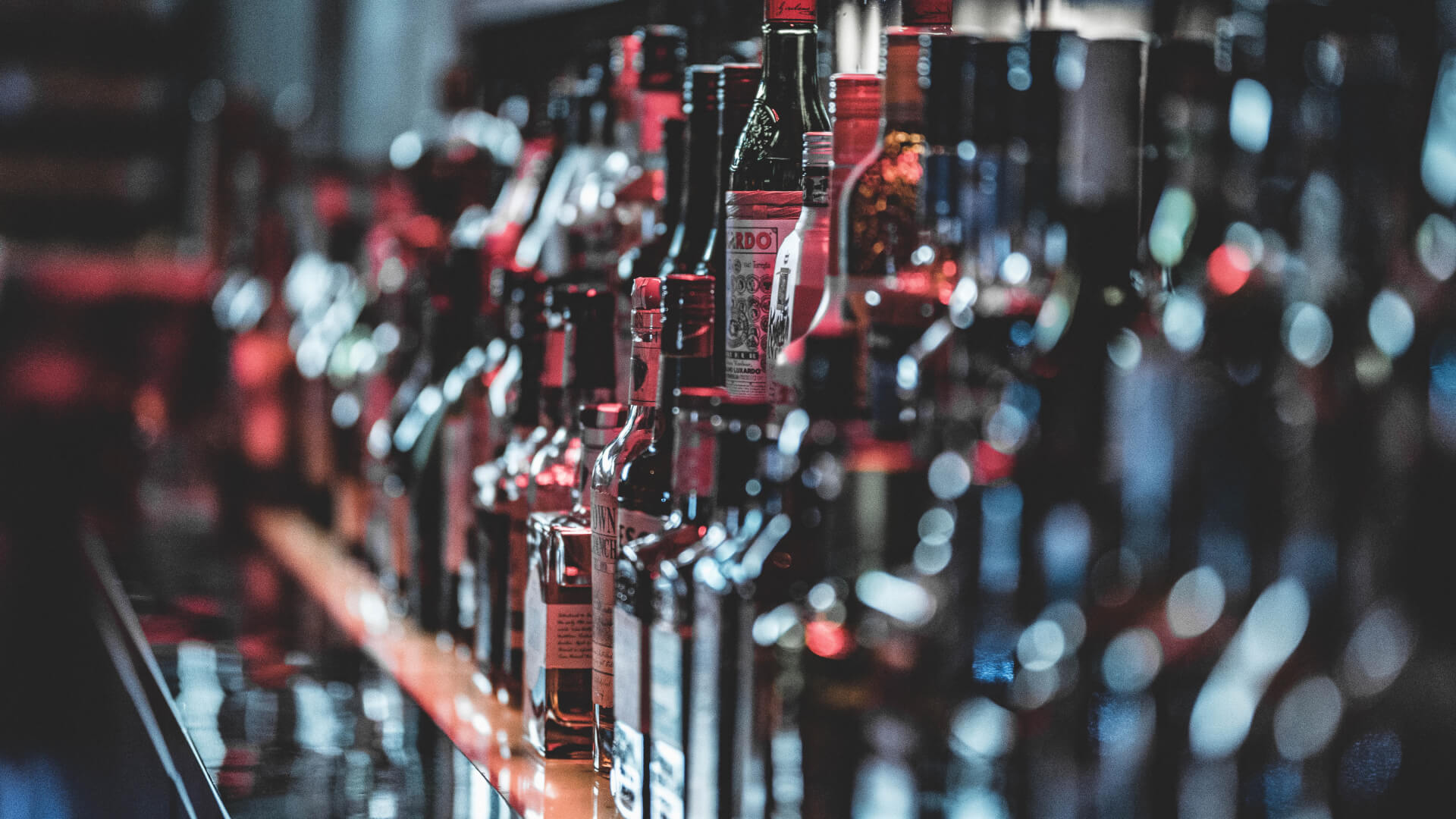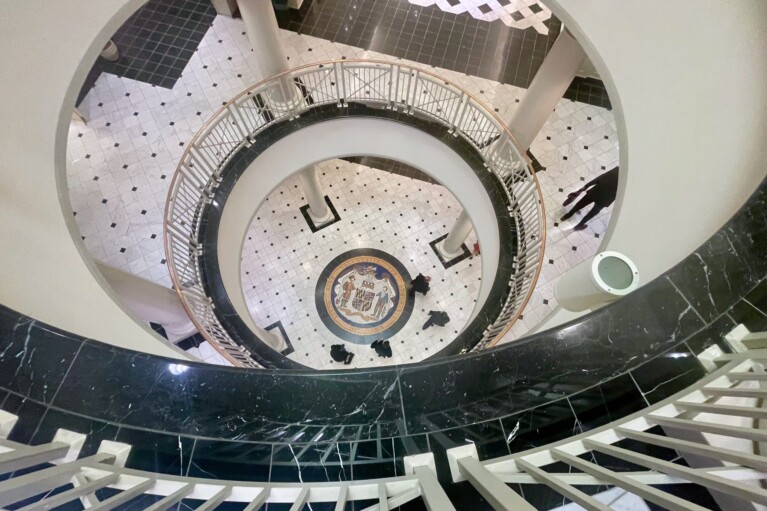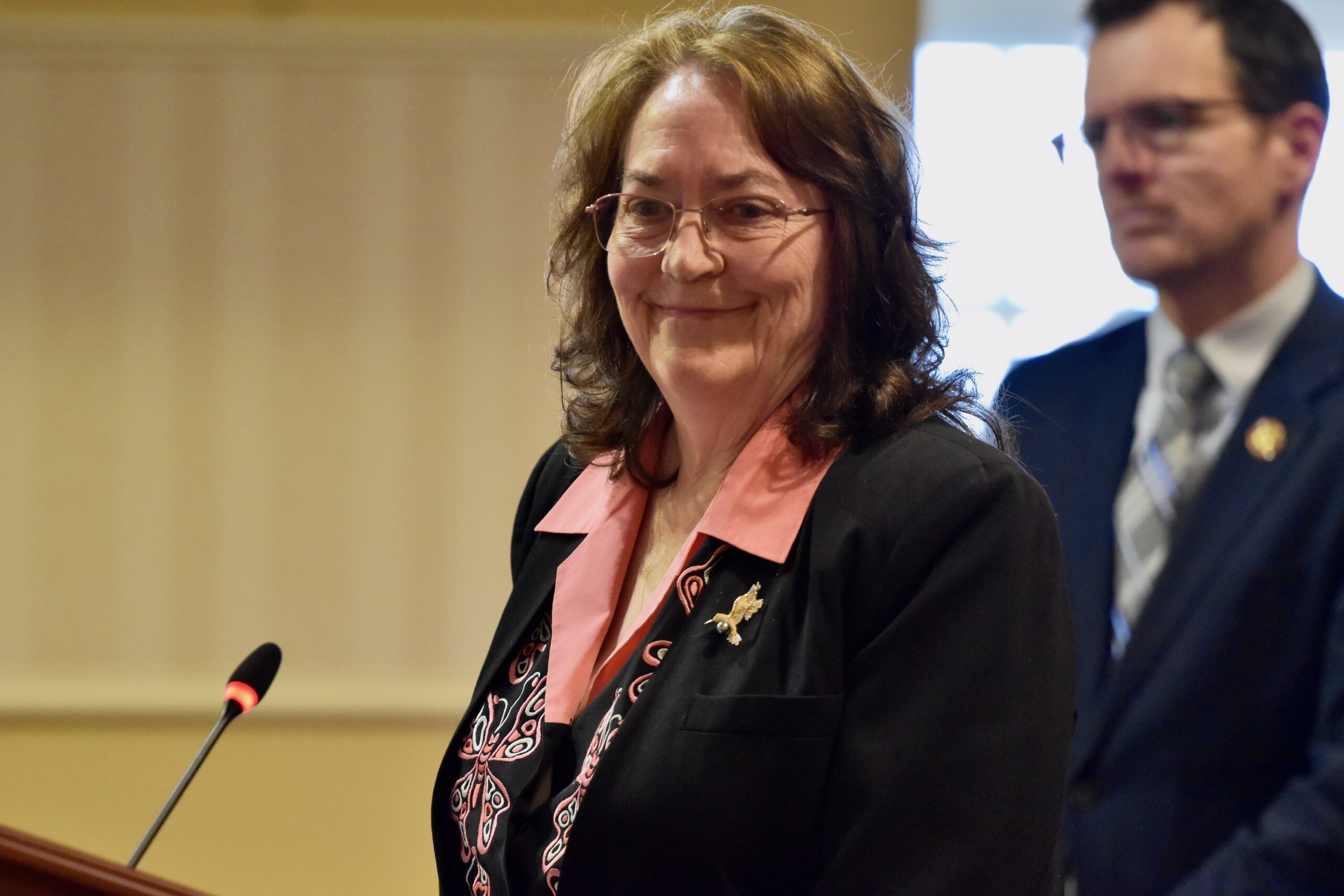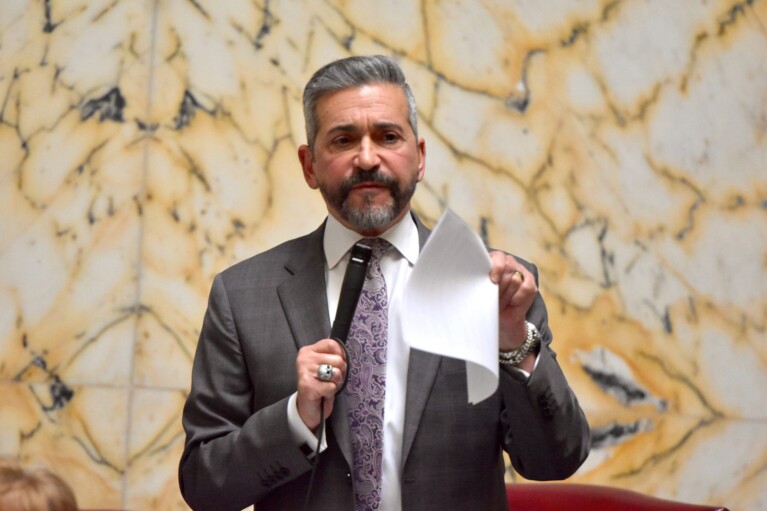Lawmakers Eye One-Cent Increase in Alcohol Tax to Address Health Disparities

Johns Hopkins University and the JHU health system on Friday joined a legislative push to boost healthcare in under-served communities.
More than 250 other organizations are also supporting the creation of Health Equity Resource Communities, the top legislative priority of the Maryland Citizens Health Initiative.
Under the measure, Senate Bill 172 and a companion House proposal, a one-cent increase in the state’s alcohol tax would establish grants for programs to provide health coverage, substance abuse treatment and mental health services. Local community groups, non-profit hospitals, universities and local governments would be eligible to receive the funds.
The initiative is based in part on the state’s former Health Enterprise Zones Program that ran from 2012 to 2016.
Backers believe the grants would help close race- and income-based gaps in health care access ― gaps that have been made worse by the pandemic.
“COVID-19 has revealed deep-seated inequities in health for our communities of color and amplifies the social and economic factors that contribute to poor outcomes,” said Kevin W. Sowers, President of the Johns Hopkins Health System.
“We understand that place matters,” said Ronald J. Daniels, the president of Johns Hopkins University. “Throughout Baltimore we have seen too often how geographical determinism continues to reinforce inequity and impede many in the city from thriving. The research bears this out.”
Representatives of the state’s liquor distribution and hospitality industry said on Friday that the goal of improving health care delivery in disadvantaged communities is worthwhile. But given the impact the pandemic has had on bars and restaurants, the legislature should not be raising taxes, they said.
“However meritorious an issue may be, it is not the time to raise taxes — at all,” said Bruce C. Bereano, the lobbyist for the Licensed Beverage Distributers of Maryland.
He called on legislative leaders to consider the impact that new taxes would have on the fragile economy. “It is the responsibility of the legislature… to have a real, accurate sense — and knowledge — of what’s going on out there.”
In an email, House Minority Leader Nicholaus R. Kipke (R-Anne Arundel) said, “This is a terrible time to raise any kind of tax in our state. To specifically target an industry brought to its knees by the impacts of COVID-19 is cruel.”
Under the proposal, the tax on alcohol would not apply to bars and restaurants until 2023, due to the hit the industry has taken. The tax would be applied to purchases from retail stores.
“Delaying the increase makes no difference, as we have no idea how long the impact of COVID-19 will reverberate through our economy,” Kipke said. “The small businesses that are lucky enough to still be open in two years will be facing an 11% tax increase just as they, hopefully, return to some sense of normalcy.”
Vincent DeMarco, head of the Maryland Citizens Health Initiative, said SB 172 would raise $14 million in each of the program’s first two years and $22 million per year after it is fully phased in.
Sen. Antonio Hayes (D-Baltimore City) is the chief sponsor of the measure. The House version will be led by Dels. Erek L. Barron and Jazz Lewis (both D-Prince George’s).
Attorney General Brian E. Frosh (D), Montgomery County Executive Marc B. Elrich (D) and Anne Arundel Executive Steuart Pittman (D) spoke in favor of the proposal at a Friday news conference.




 Creative Commons Attribution
Creative Commons Attribution